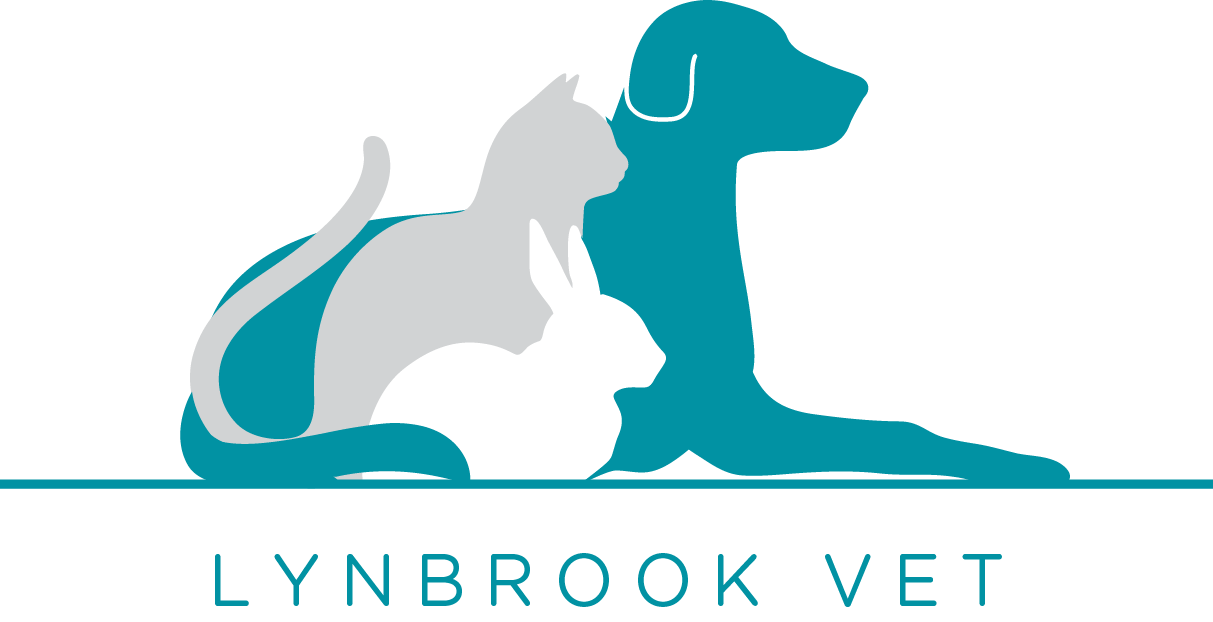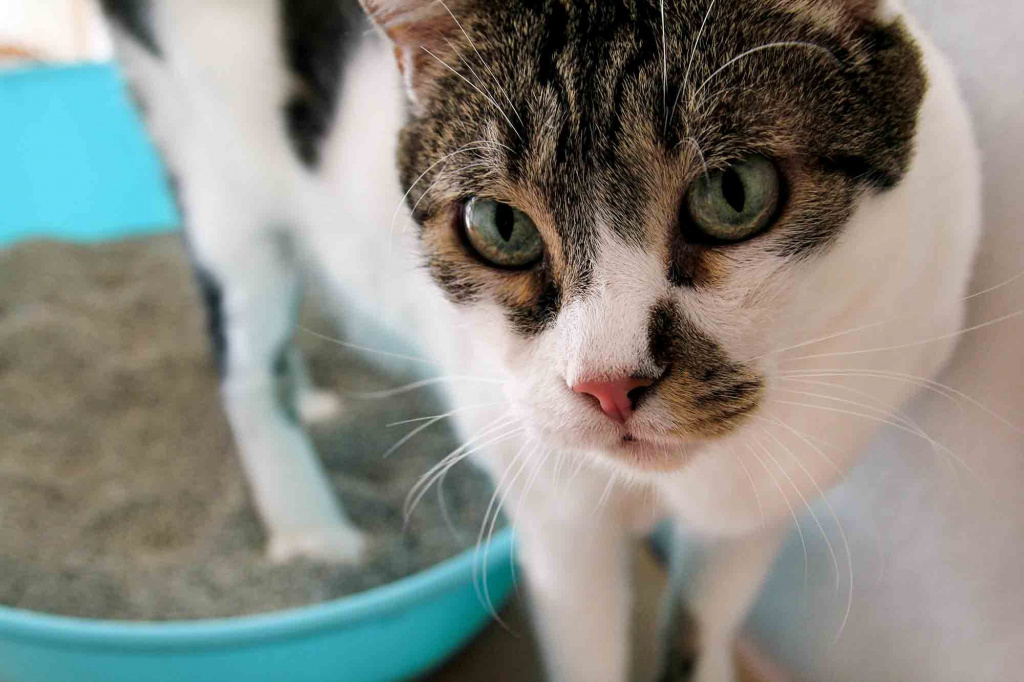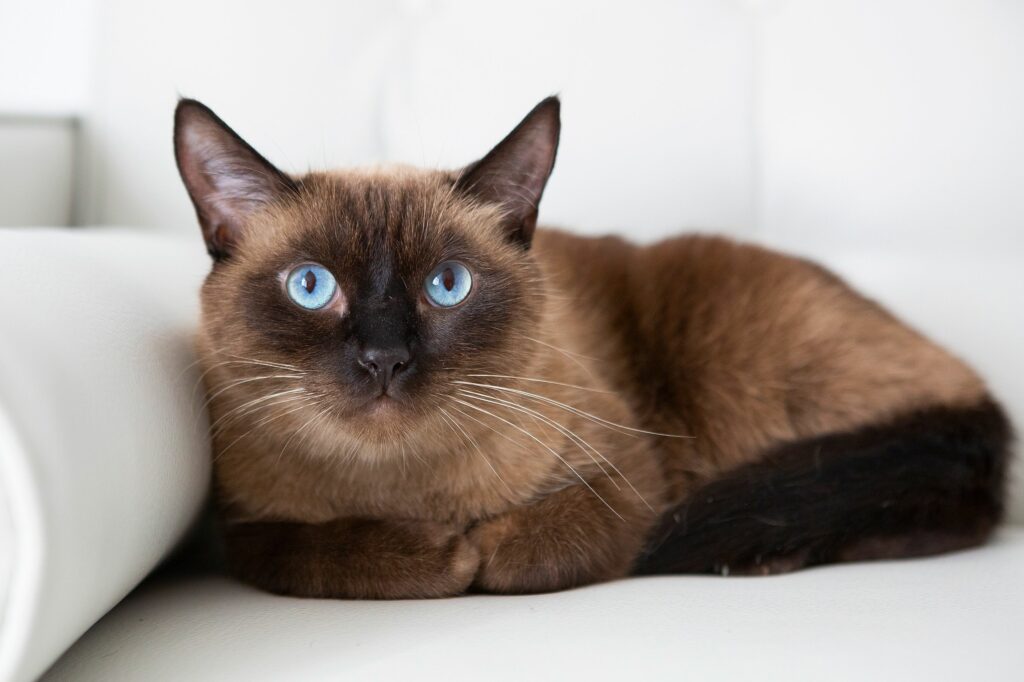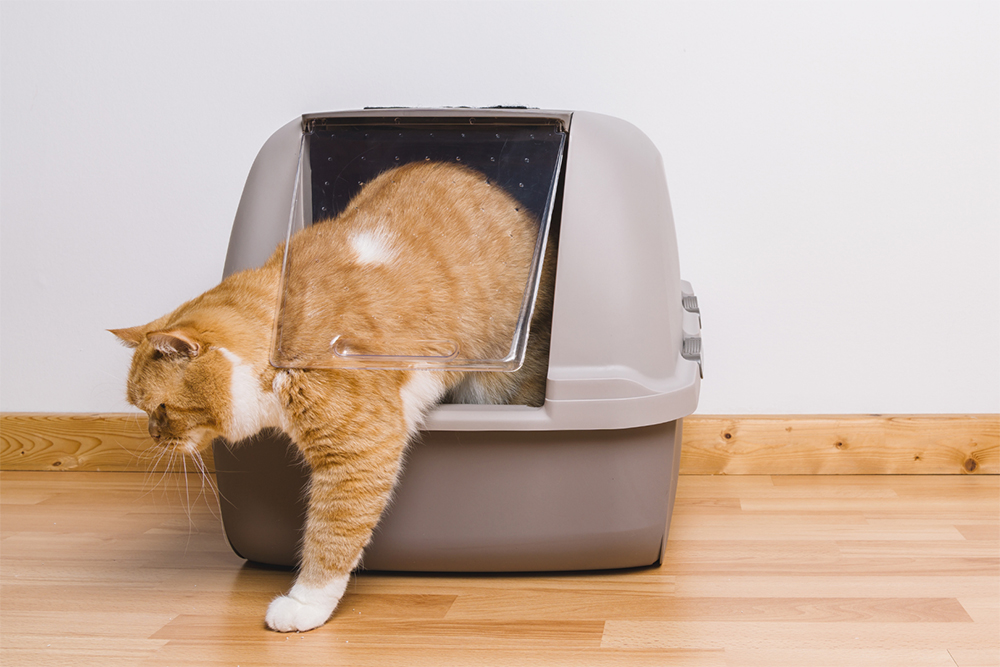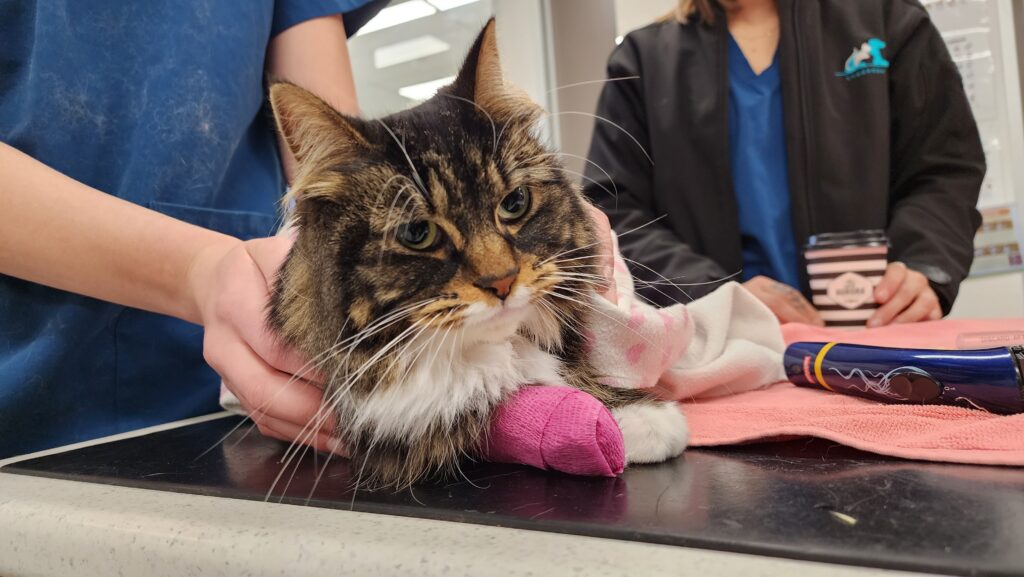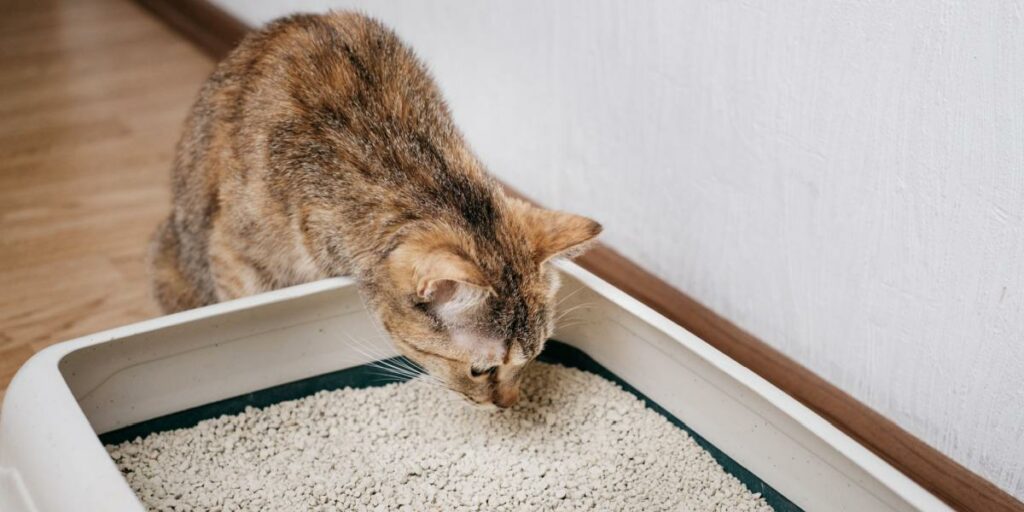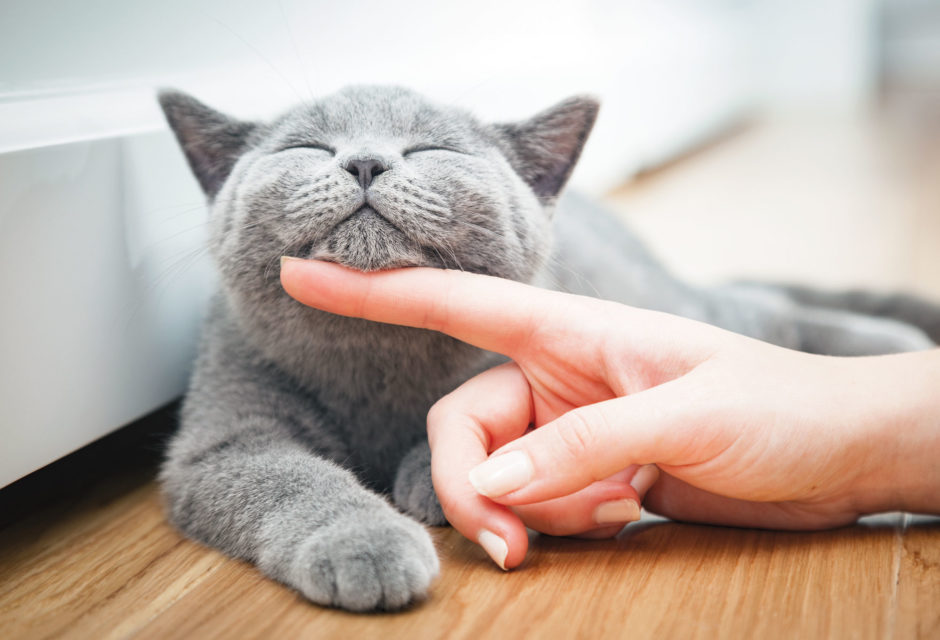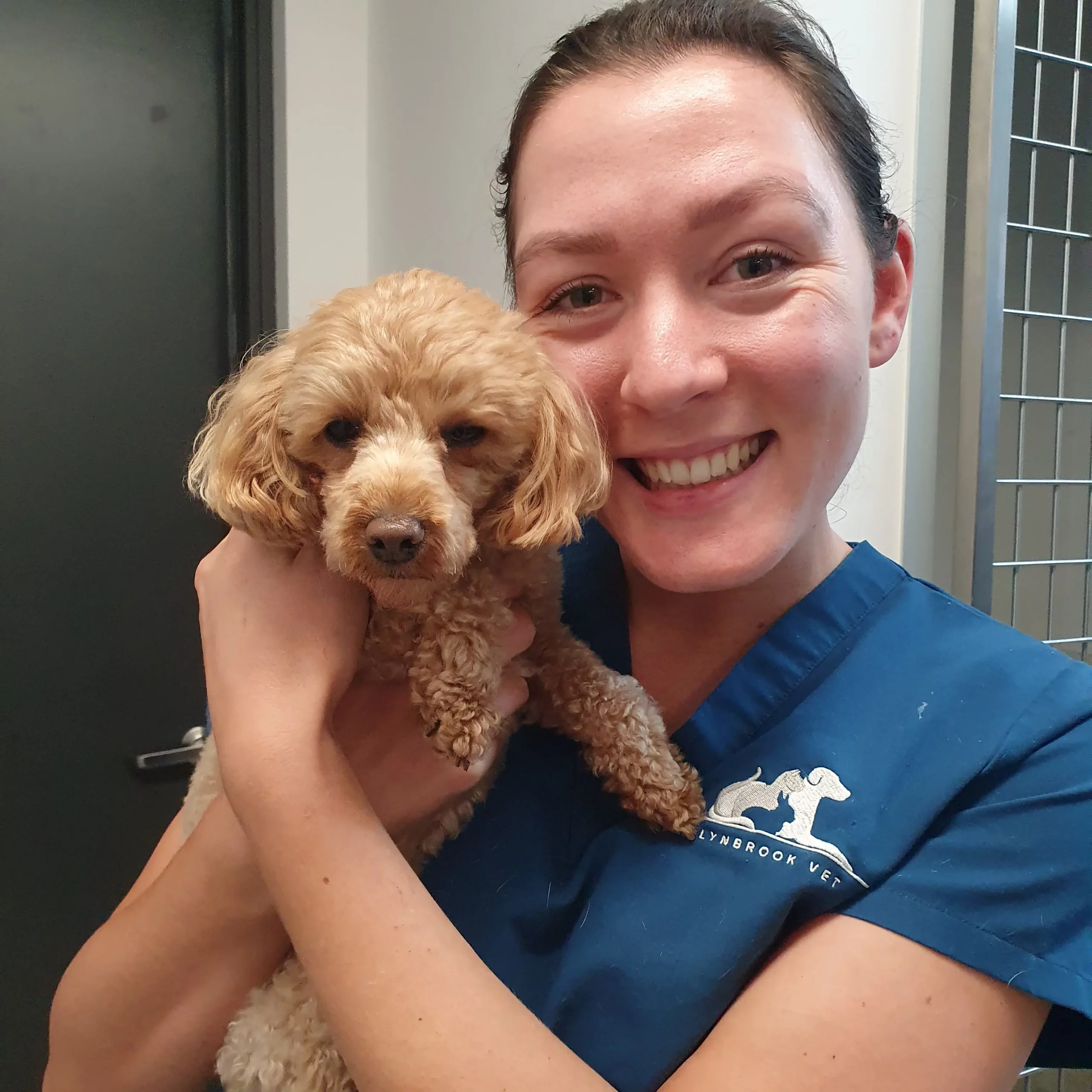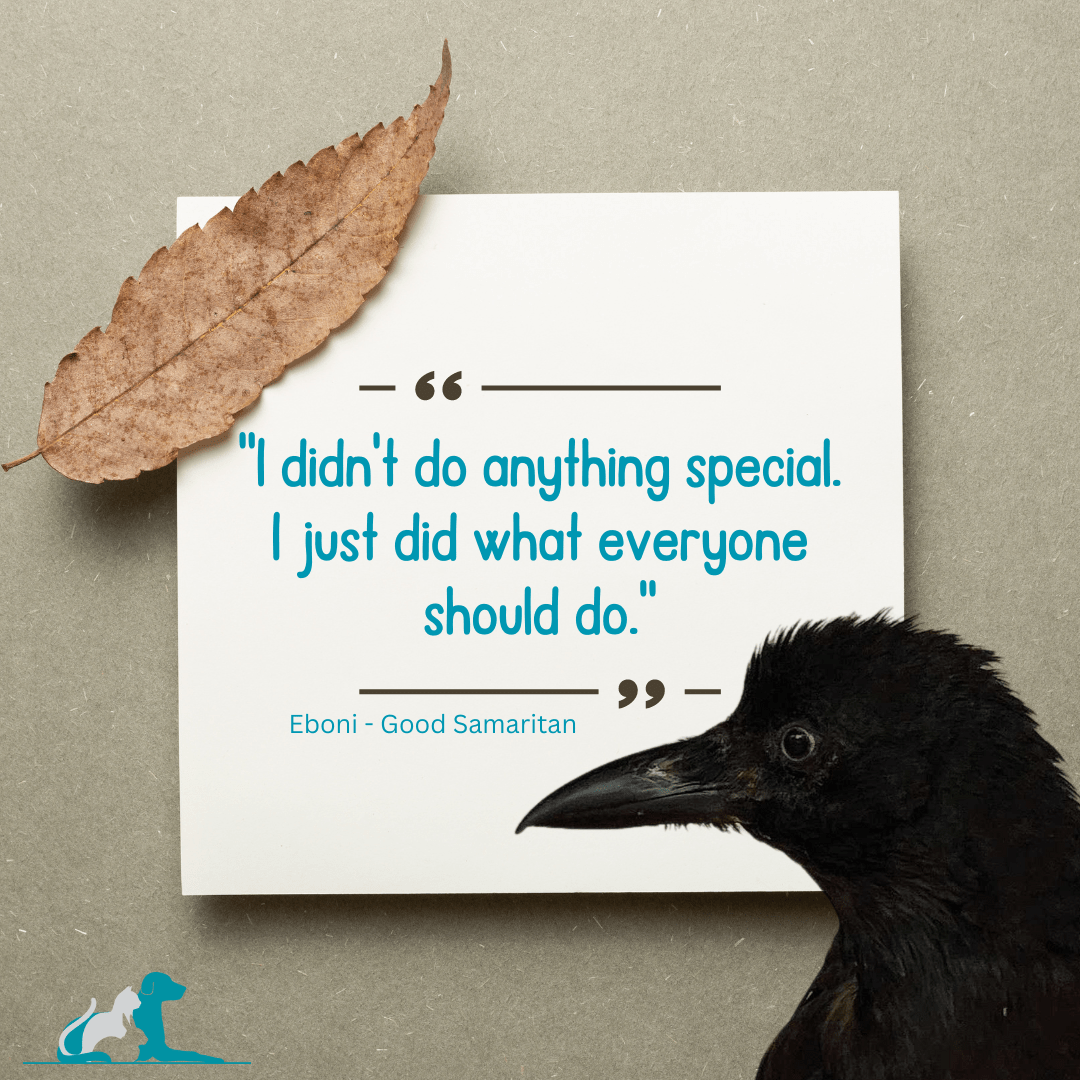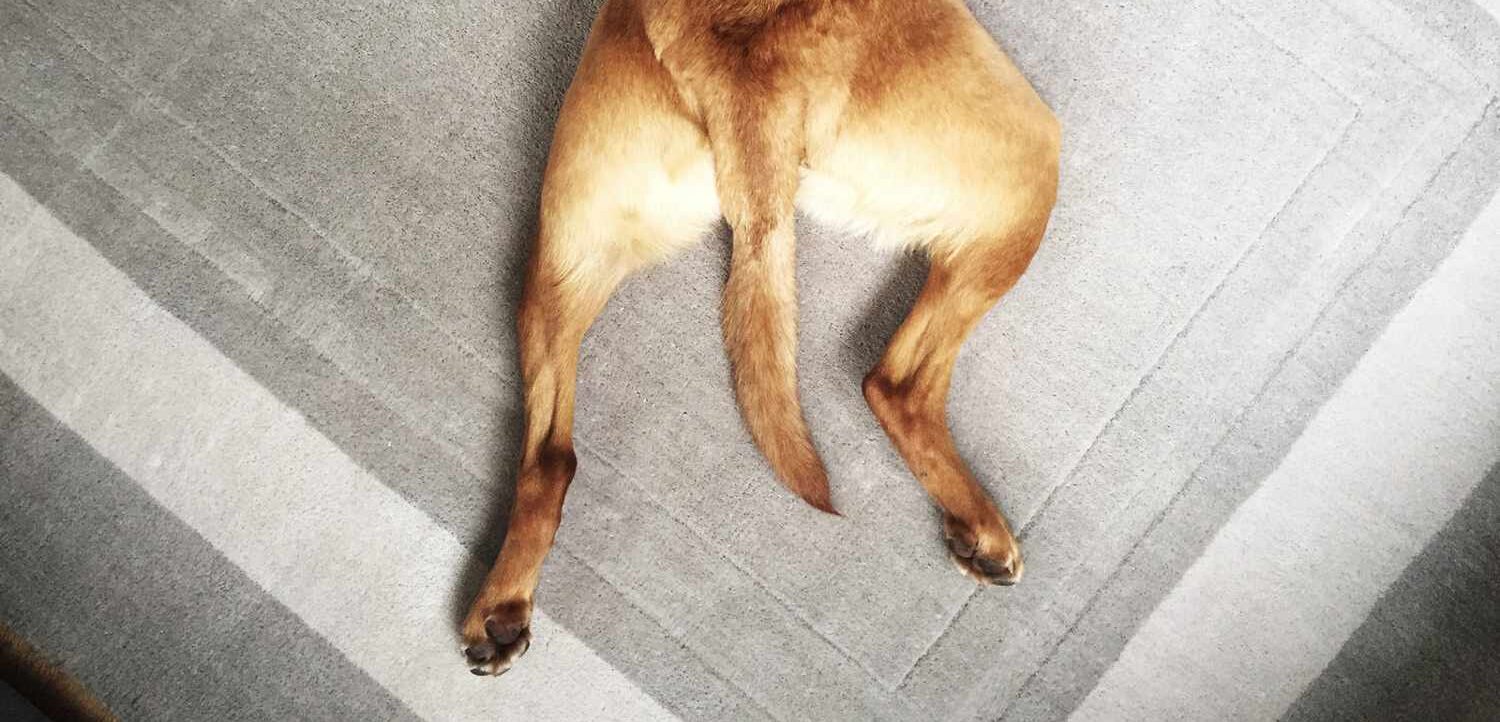Feline Lower Urinary Tract Disease (FLUTD) is a common condition affecting cats.
What is FLUTD?
It refers to a group of clinical signs associated with inflammation and irritation of the lower urinary tract (bladder, urethra, and urinary opening). There are many different disease processes that can cause the clinical signs associated with FLUTD. However, if all known causes have been ruled out, the condition is termed feline idiopathic cystitis (FIC). This simply means inflammation of the bladder (cystitis) due to an unknown cause (idiopathic).
FLUTD or FIC is a frustrating and uncomfortable condition for cats, but with proper understanding and care, it can be managed effectively. This blog aims to provide you with important information about FLUTD, including its clinical signs, causes, diagnosis, treatment options, and preventive measures.
How do I know if my cat has FLUTD?
FLUTD can present with various clinical signs, including:
- Frequent attempts to urinate (pollakiuria)
- Straining or discomfort during urination (dysuria or stranguria)
- Producing small amounts of urine
- Blood in the urine (haematuria)
- Cloudy or foul-smelling urine
- Urinating outside the litter box
- Excessive licking of the genital area
- Vocalization or signs of pain while urinating
- Complete inability to pass urine (obstruction)
If you observe any of these signs, it is crucial to seek veterinary care promptly.
What causes FLUTD?
Approximately 50% of cats affected with bladder/urethral inflammation have no identifiable cause and are therefore referred to as having feline idiopathic cystitis (FIC). Commonly, stress is thought to be the underlying trigger for FIC. This idiopathic or unknown cause of FLUTD must be differentiated from other possible causes so that the appropriate treatment can be given. Other causes of FLUTD include:
- Urinary tract infection (UTI)
- Urinary calculi or bladder stones
- Urethral plugs (blockage in urethra from a mixture of crystals, mucus and small calculi)
- Anatomical abnormalities
- Tumors of the bladder or elsewhere along the lower urinary tract
- Trauma
How is FLUTD Diagnosed?
A thorough history is imperative in getting to the bottom of what may have caused your cat to display the clinical signs of FLUTD. Depending on these signs and the cat’s history testing may be performed. It is essential to run a urinalysis when a cat presents with FLUTD. This allows assessment of whether blood or inflammatory cells are in the urine as well as whether bacteria, crystals or imbalances in pH are evident. It is always ideal to run a blood test alongside urinalysis to assess for inflammation, electrolyte imbalances and organ dysfunction (such as kidney and liver).
In uncomplicated cases of FLUTD, bloods and urinalysis may be sufficient to create a treatment/management plan. In more complicated or severe cases diagnostic imaging with x-ray or ultrasound may be required to investigate for possible stones, masses or anatomical abnormalities.
How do you treat FLUTD?
The treatment for FLUTD depends on the underlying cause identified. In uncomplicated cases such as UTIs, treatment with antibiotics, pain relief, and diet adjustments may be enough to resolve the problem. In more complicated cases such as with bladder stones or urethral blockage, surgical intervention is required.
When no underlying cause has been identified and we are left with feline idiopathic cystitis (FIC), there are a number of management strategies we can employ to reduce the clinical signs.
- Medical management may include pain relief/anti-inflammatories and in some cases specific medications to reduce muscle spasms in the urinary tract. These will be dispensed by your vet as appropriate.
- Stress reduction is a key step in managing FIC. It is important to create a calm and predictable environment for your cat. More information on stress reduction can be found in the next section.
- Increased water intake. This is crucial to help flush out the bladder and minimise the accumulation of minerals and crystals that promote stone formation. Encouraging water intake can be achieved by providing fresh water sources, using water fountains, and incorporating wet food into their diet.
- Litter box management. Ensure you have enough litter boxes available, following the rule of one box per cat plus one extra. Keep the litter boxes clean and easily accessible for your cat.
- There are a number of scientifically formulated diets available for cats that suffer from FLUTD or FIC. These diets contain controlled quantities of certain minerals to ensure the urine is undersaturated and therefore less likely to develop crystals or stones. Such diets also promote a desirable pH and contain ingredients that reduce stress.
Can I prevent my cat from getting FLUTD?
As always prevention is better than cure. Due to FLUTD being such a prevalent condition amongst our feline friends, it is a good idea to have preventative measures in place to minimise the risk of the condition occurring or returning once treated. This can be done in the following ways:
- Promote hydration: Ensure your cat has access to clean and fresh water at all times. Consider incorporating wet food into their diet to increase water intake.
- Balanced diet: Feed your cat a high-quality, nutritionally balanced diet that supports urinary health. Consult your veterinarian for diet recommendations specific to your cat’s needs.
- Environmental enrichment: Create a stimulating and stress-free environment for your cat. Provide scratching posts, toys, hiding places, and vertical spaces to allow your cat to engage in natural behaviours.
- Stress management: Minimise stressors by maintaining a consistent routine, avoiding sudden changes in the environment, and providing a safe and secure space for your cat. Try to deter stray cats from wandering around your home or prevent your cat from being able to see or interact with these cats. Stress reduction products such as Feliway (a pheromone that diffuses into the environment) or Zylkene (a supplement that mimics the soothing feeling a kitten experiences from suckling) can also be incorporated.
Finally, regular veterinary visits are recommended for routine wellness exams to ensure the signs of FLUTD or any other disease for that matter are noticed early and treated accordingly. If your cat ever experiences any of the signs of FLUTD consult your vet immediately. Consistent management is an important aspect of this condition and your vet will guide you as to the most appropriate steps to take to keep your furry friend as happy, comfortable and stress-free as possible.
If you would like to speak to a vet about your feline friend, our experienced veterinary team are here to help. Simply get in touch.
